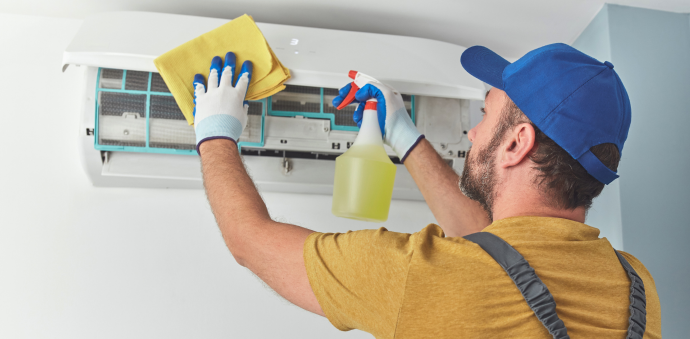
Living without air conditioning during North Carolina’s hot months isn’t just uncomfortable; it can also be a health risk. If your landlord refuses to repair or replace a broken AC unit in your rental home, you might be wondering: Can I legally break my lease because of this?
The short answer: It depends, but you do have rights and options. This blog post explains what North Carolina law says about landlord repair responsibilities, when a broken AC might justify breaking your lease, and how to protect yourself in this situation.
In North Carolina, landlords are required to provide housing that meets basic habitability standards. This means the rental must have essential utilities and amenities that allow you to live safely and healthily. While the law doesn’t explicitly require air conditioning in every rental, if your lease or local codes include AC or heat as part of the rental’s basic functions, your landlord must keep it in working order.
If the air conditioning was provided as part of the lease agreement or is necessary to maintain livable conditions especially in extreme heat, your landlord is generally obligated to fix it in a reasonable amount of time after you report the problem. North Carolina General Statutes, specifically G.S. 42-42, outlines these responsibilities.
You may be able to break your lease if:
Keep in mind that simply being uncomfortable may not be sufficient; courts consider the severity of the issue, your lease terms, and whether the landlord acted responsibly.
If you legally break your lease due to an uninhabitable condition like a broken AC:
Dealing with a broken AC in North Carolina’s heat is stressful enough don’t let an unresponsive landlord make it worse.
Contact us today for a free consultation. We’ll review your situation, explain your rights, help you communicate effectively with your landlord, and guide you on whether breaking your lease is a viable option.
Stay safe and comfortable, reach out now for expert support and peace of mind.